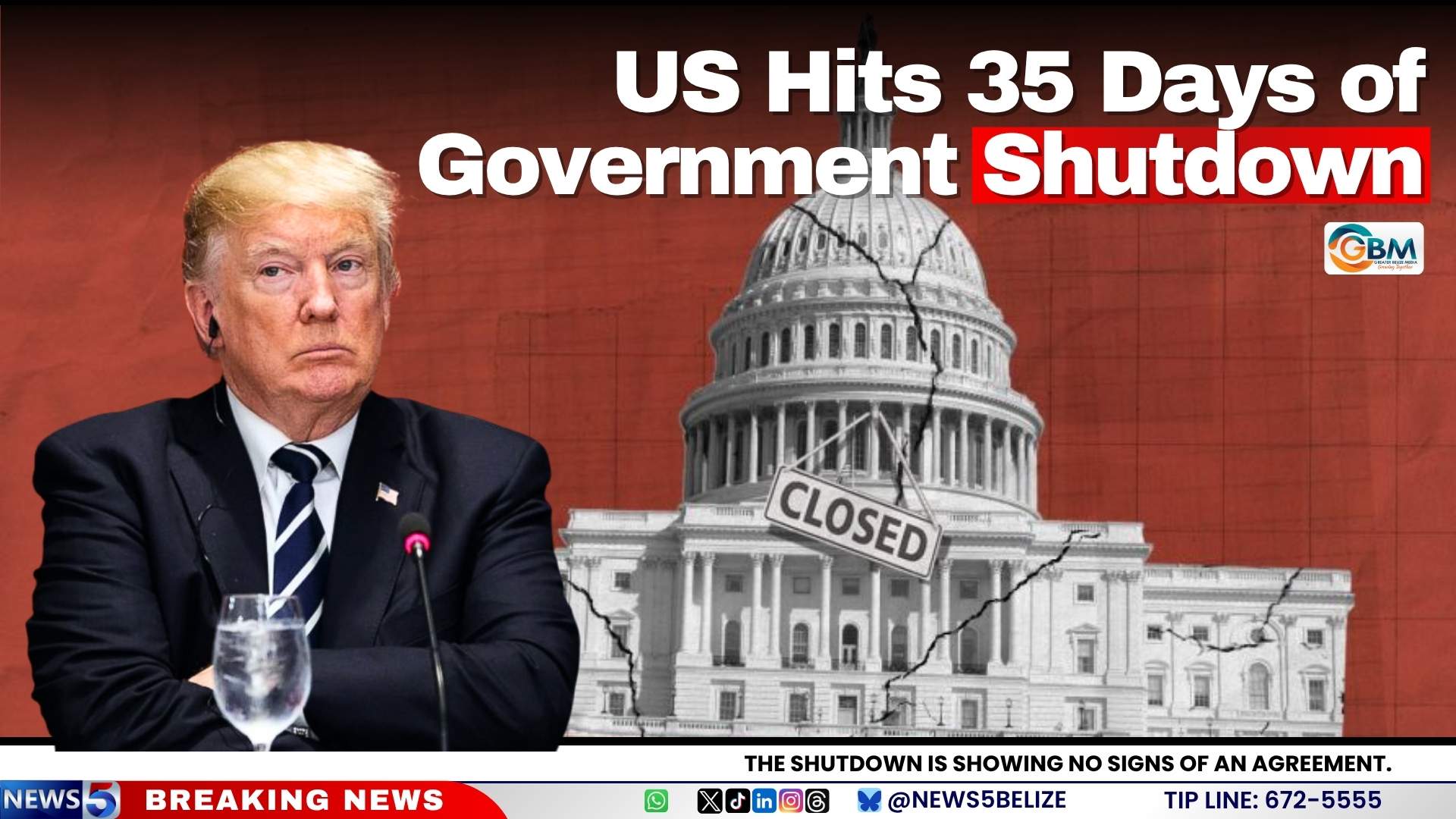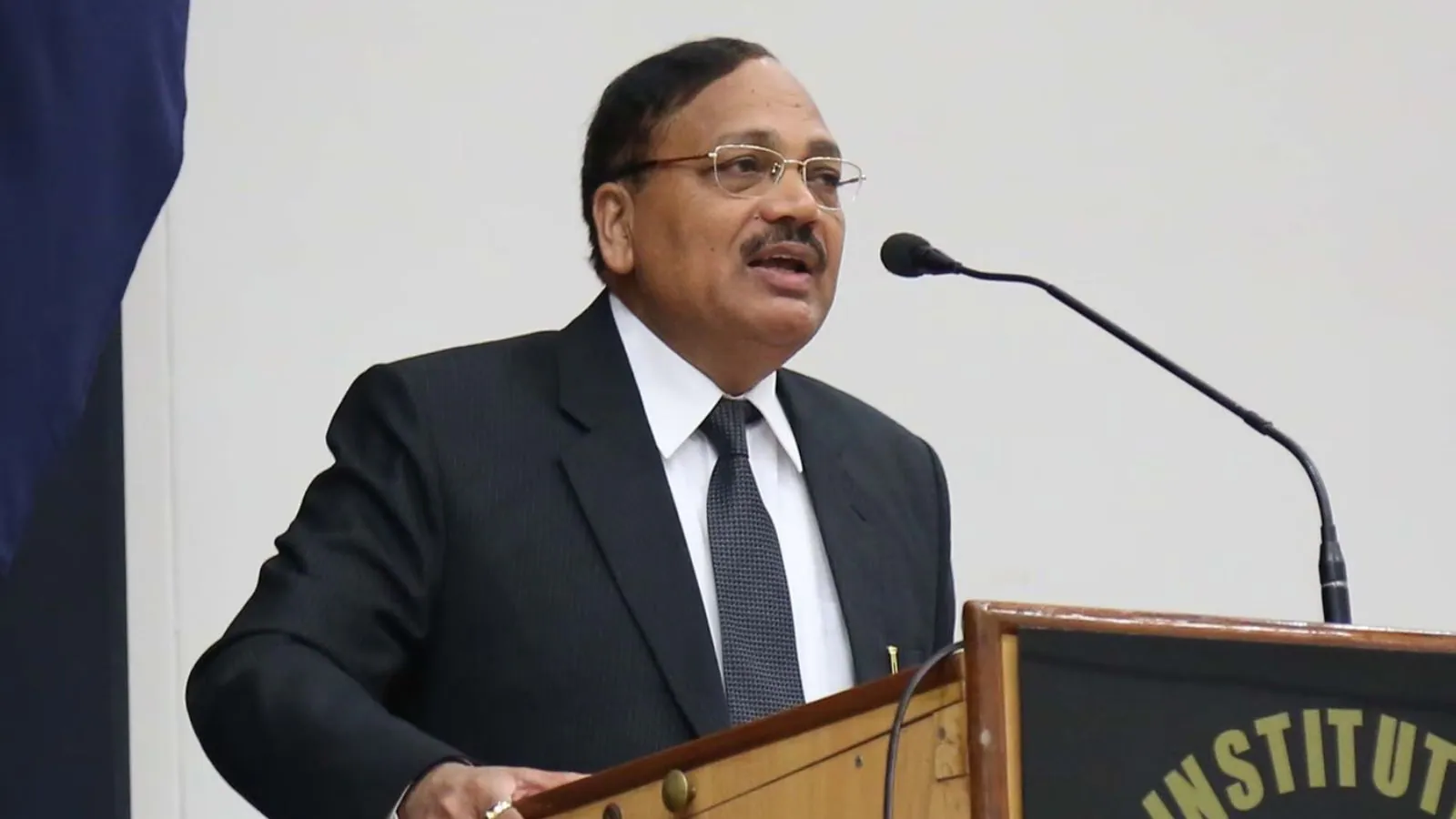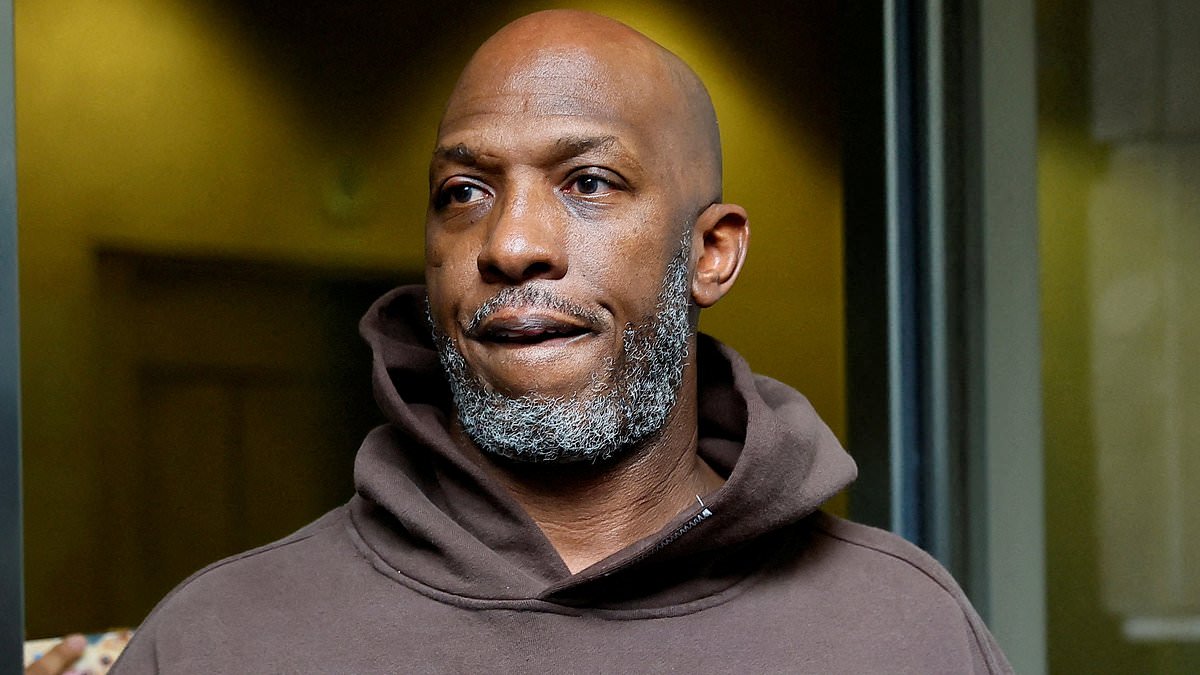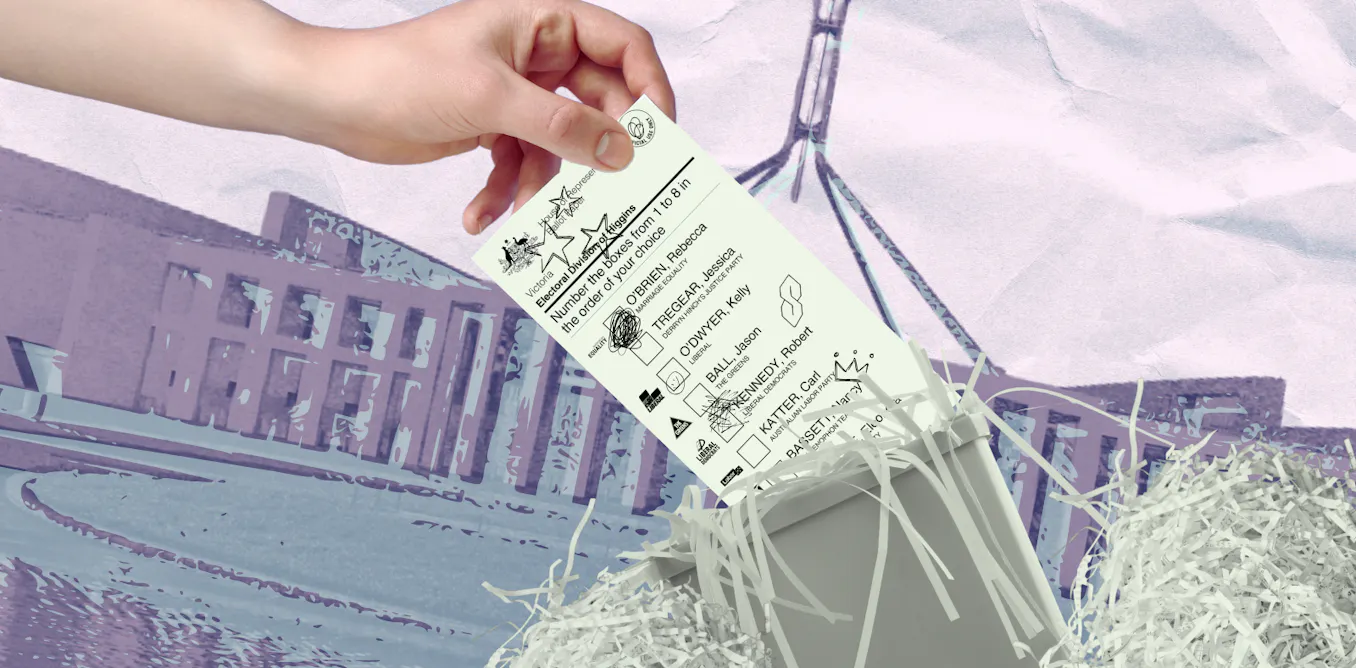Copyright times
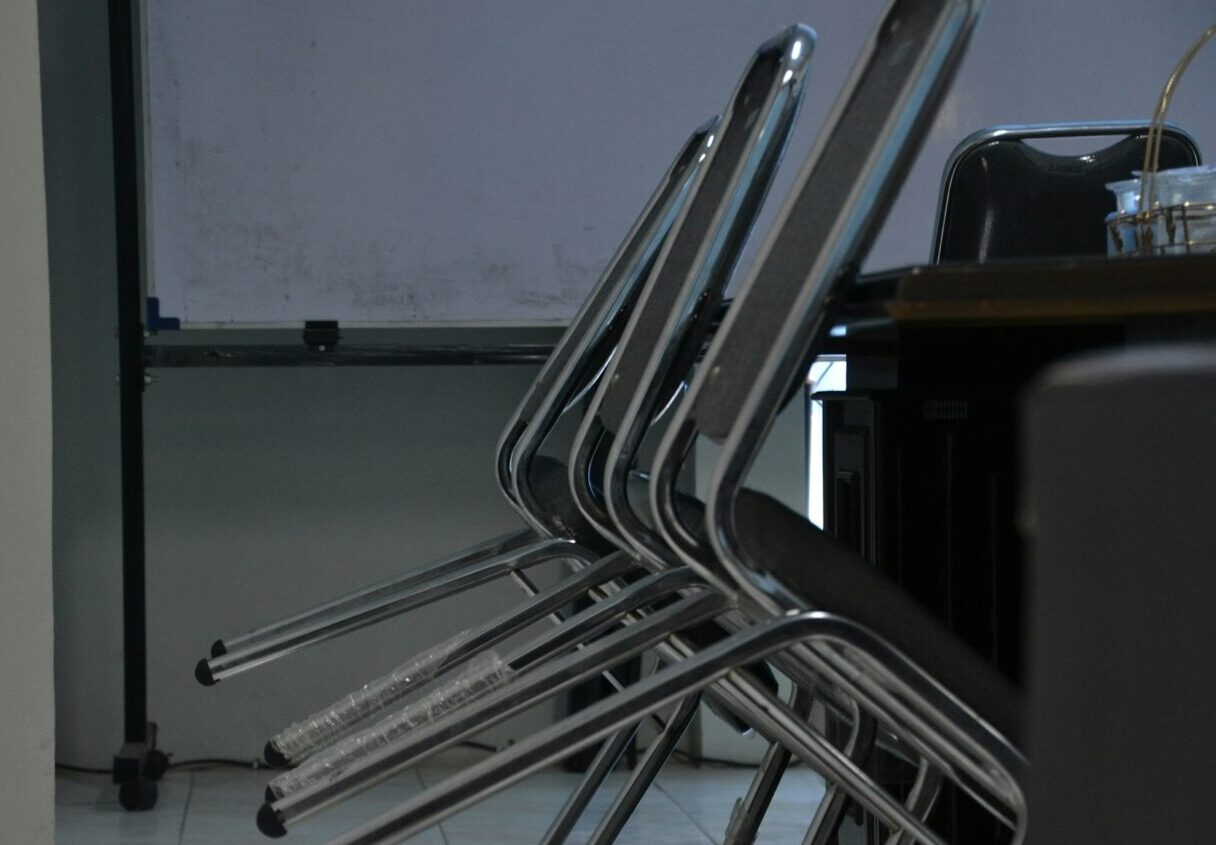
Secondary and area schoolteachers were due to walk off the job again this Wednesday afternoon as part of nationwide strike action highlighting stalled negotiations, teacher shortages and mounting pressure on public services. The Post Primary Teachers’ Association (PPTA Te Wehengarua) confirmed members would take part in a full, nationwide strike from 1.15pm to 3.15pm on November 5, following weeks of rolling industrial action and a series of cross-sector protests. PPTA president Chris Abercrombie says the strike follows a lack of progress in collective agreement talks and a “poorly thought out” Government offer that was worse than the previous one. “Ten minutes before we were due to meet, the Government presented us with another offer for settlement of the Secondary Teachers’ Collective Agreement, with a condition it would lapse if strike action was notified,” he says, referring to the previous strike action. “As we have not had any bargaining since early September, to present an offer in this way was rushed and poorly thought out. “However, executives did them the courtesy of considering it. I’m sorry to say that in several ways it was worse than the previous offer, so we have proceeded with calling the strike action.” Abercrombie says the pay offer remains below inflation and fails to address key issues such as teacher retention, recruitment, and the need for more pastoral staffing to support students with complex needs. “We need salaries and conditions that will attract people into teaching and keep our skilled and experienced teachers in the profession,” he says. “We’re currently hundreds of teachers short, which means thousands of students are being taught by non-specialist teachers or sent home because there are simply not enough staff.” The latest strike comes amid broader industrial unrest across the public sector. On October 23, more than 100,000 essential workers took part in coordinated strike action described by unions as one of the largest in decades, with rallies held in more than 40 towns and cities from Kaitaia to Invercargill. Teachers, nurses, allied health staff, firefighters, and public servants joined marches including a major Auckland rally from Aotea Square to Te Komititanga Square. A local Auckland teacher told the Times the strike was about “professional respect and stability” rather than politics. “We strike because we care about education,” she said. “Our students deserve continuity, respect, and teachers who are supported to do their job well.” Public Service Minister Judith Collins describes the nationwide action as “unfair, unproductive and unnecessary”. “The strike will not help anyone,” she said. “It’s a stunt targeting the Government, but the people paying the price are the thousands of patients who have had appointments and surgeries cancelled, and the hundreds of thousands of kids who will miss another day at school.” Education Minister Erica Stanford says the latest Government offer would see 76 per cent of secondary teachers and 66 per cent of trained primary teachers earning at least $100,000 within a year. “Teachers, parents and students all deserve better,” she says. “Unions are letting them down by not bargaining in good faith and spreading misinformation.”
